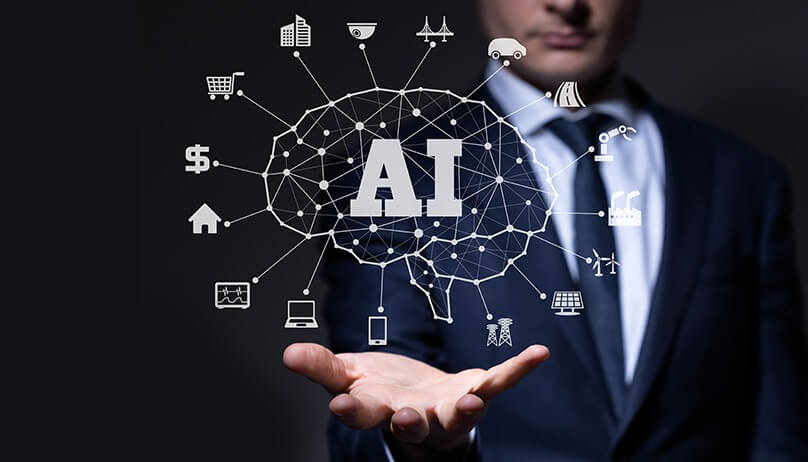In today’s competitive marketplace, businesses are constantly seeking innovative ways to enhance their sales strategies and improve customer experiences. Artificial Intelligence (AI) has emerged as a transformative force in the realm of Business-to-Consumer (B2C) sales, offering tools and insights that enable companies to operate more efficiently and engage customers more effectively. Here’s how AI is accelerating B2C sales and why it’s essential for businesses to embrace this technology.

Table of Contents
Toggle1. Personalization at Scale
One of the most significant benefits of AI is its ability to analyze vast amounts of consumer data and deliver personalized experiences. By leveraging AI algorithms, businesses can segment their customer base and tailor marketing messages, product recommendations, and promotional offers to individual preferences. For instance, e-commerce platforms like Amazon use AI-driven recommendation engines to suggest products based on past purchases and browsing history, leading to higher conversion rates and customer satisfaction.
Example: Netflix
Netflix uses AI to analyze viewing habits and preferences, allowing it to recommend content that keeps users engaged. This personalized experience enhances customer loyalty and retention, directly impacting sales.
2. Enhanced Customer Insights
AI tools can gather and analyze data from multiple sources, providing businesses with valuable insights into customer behavior, trends, and preferences. With these insights, companies can make informed decisions about product development, pricing strategies, and marketing campaigns.
Example: Predictive Analytics
Predictive analytics powered by AI can forecast customer demand and identify potential churn risks. By understanding these patterns, businesses can proactively address issues and tailor their offerings to meet customer needs, ultimately driving sales growth.
3. Streamlined Sales Processes
AI automates various sales processes, reducing manual effort and increasing efficiency. Chatbots and virtual assistants can handle customer inquiries, provide support, and even guide users through the sales funnel. This automation not only improves response times but also allows sales teams to focus on more complex tasks that require human intervention.
Example: Chatbots
Many businesses have adopted chatbots to engage customers 24/7. These AI-powered tools can answer common questions, assist with product selection, and facilitate transactions, creating a seamless shopping experience that can lead to increased sales.
4. Dynamic Pricing Strategies
AI algorithms can analyze market trends, competitor pricing, and consumer demand to optimize pricing strategies dynamically. By adjusting prices in real-time, businesses can maximize profitability while remaining competitive. This approach allows companies to respond quickly to changes in the market and consumer behavior.
Example: Airline Industry
Airlines frequently use dynamic pricing models powered by AI to adjust ticket prices based on demand, time of booking, and other factors. This strategy enables them to fill more seats and maximize revenue.
5. Targeted Marketing Campaigns
AI enables businesses to execute highly targeted marketing campaigns by analyzing customer data and identifying the most effective channels and messaging for each segment. Machine learning algorithms can optimize ad placements, ensuring that promotions reach the right audience at the right time.
Example: Social Media Advertising
Platforms like Facebook and Google use AI to help businesses target their ads effectively. By analyzing user behavior and preferences, businesses can create campaigns that resonate with their audience, leading to higher engagement and sales.
6. Improved Customer Experience
AI enhances the overall customer experience by providing timely and relevant interactions. From personalized product recommendations to responsive customer support, AI helps create a more enjoyable shopping experience. Satisfied customers are more likely to become repeat buyers, contributing to sustained sales growth.
Example: Amazon’s One-Click Purchasing
Amazon’s AI-driven one-click purchasing feature simplifies the buying process, reducing friction and encouraging impulse purchases. This convenience boosts sales by making it easier for customers to complete transactions.
Conclusion
The integration of AI in B2C sales is no longer a futuristic concept; it’s a reality that businesses must embrace to stay competitive. By leveraging AI for personalization, customer insights, process automation, dynamic pricing, targeted marketing, and enhanced customer experiences, companies can accelerate their sales and foster long-term customer loyalty. As AI technology continues to evolve, those who harness its power will be better positioned to thrive in the ever-changing landscape of consumer sales.


No responses yet